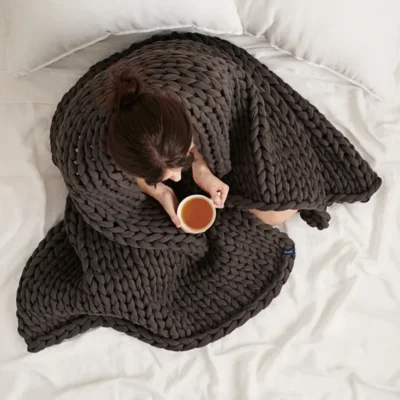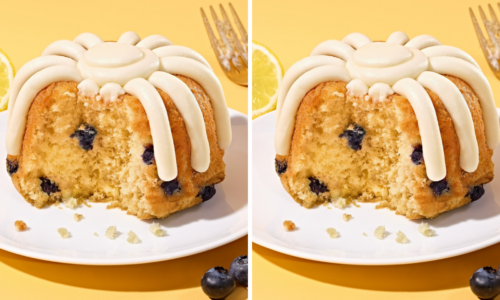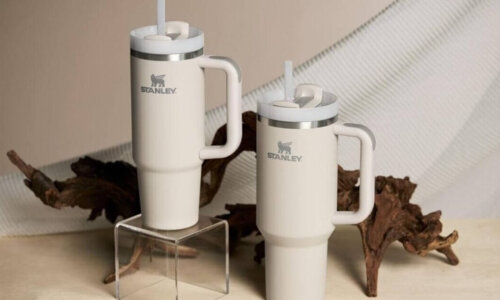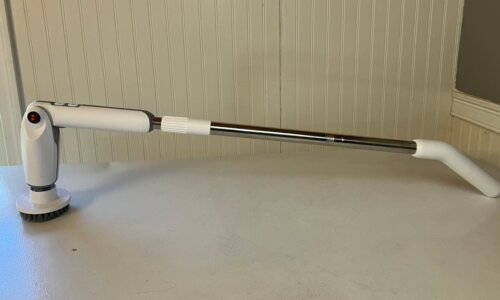The products and services mentioned below were selected independent of sales and advertising. However, Don't Waste Your Money may receive a small commission from the purchase of any products or services through an affiliate link to the retailer's website.
I used to sleep like a baby. But then I entered my “anxious era” — you know, the one where you’re juggling kids, work, and a never-ending mental load — and I found it was harder to get to sleep and stay asleep. When one of my friends — who also happens to be a doctor — mentioned that she’d splurged on a weighted blanket that had helped her sleep better, I was intrigued.
Weighted blankets are often recommended for those with anxiety, insomnia, chronic pain, autism and ADHD. This is because the weight of the covers acts as a form of deep-pressure stimulation or therapy. While there haven’t been a ton of studies on the effects of weighted blankets, a few smaller studies have shown they can reduce anxiety and increase a person’s production of melatonin.
Not long after my friend sang a weighted blanket’s praises, I saw a Bearaby blanket while walking through Nordstrom, and the chunky woven throw looked cozy and appealing.
Luckily, my husband was also with me on that store trip and later surprised me with the exact weighted blanket for Mother’s Day. I’ve had my Napper Cotton Weighted Blanket in Evening Rose for almost two years, and I use it every night except when I’m traveling.
From $249 on Amazon From $249 on Bearaby
Is The Bearaby Blanket Worth It?
Bearaby weighted blankets start at about $200 for the 10-pound Cotton Napper. Prices go up from there based on weight and material (and a 6-pound Nappling designed for kids costs $139). Besides the Cotton Napper, you can get a Tree Napper made of cooling Tencel material or a Velvet Napper.
So, the blanket was definitely a splurge. But I think the price is worth it.
This blanket has improved my sleep and gives a cocoon effect that I love. Since I sleep with my Cotton Napper every night, I’ve also gotten our money’s worth out of it.
What’s Special About Bearaby?
The blanket’s quality materials and construction are what set it apart for me. Bearaby’s focus on sustainability is also important to me as a consumer. Unlike other brands, Bearaby’s weight does not come from plastic or non-renewable materials but from its chunky knitted fabric. (The Velvet Napper is, in fact, made from recycled marine plastic.) Plus, Bearaby makes sure its blankets are fair-trade-certified, organic and free of harmful chemicals.
Benefits Of A Bearaby
Bearaby blankets are machine washable except for the Velvet Napper, which should be dry-cleaned. I should note that while my washer and dryer are big enough to handle my 20-pounder throw’s weight, I’ve also considered using a laundromat’s industrial-sized machines to save on any potential wear and tear on my own machines.
MORE: How to wash a weighted blanket
Another bonus of my Bearaby blanket? It’s breathable and doesn’t make me sweat. I’d been worried about this, since I live in Hawaii. But since the Bearaby design is basically a big chunky braided knit blanket, it vents really well between the large loops. It’s comfortable in the summer, and during a Hawaii winter, I throw a lightweight comforter on top of it if I’m still feeling chilly.
I’ve honestly thought about traveling with my weighted blanket before realizing that lugging around a 20-pound blanket isn’t terribly convenient. (Although Bearaby does include a canvas tote with each blanket.) Bearaby must’ve realized this, too, as it now has a lighter travel weighted blanket version (6 or 10 pounds).
If you’re looking to buy your own weighted blanket, the typical advice is to pick one that is 10% of your weight. My 20-pound blanket is more than this but still works for me.
If you’re considering a weighted blanket for a child, know that babies and toddlers should not be using them. Consult with your older child’s doctor and definitely go on the lighter side of the recommended weight before getting one.










